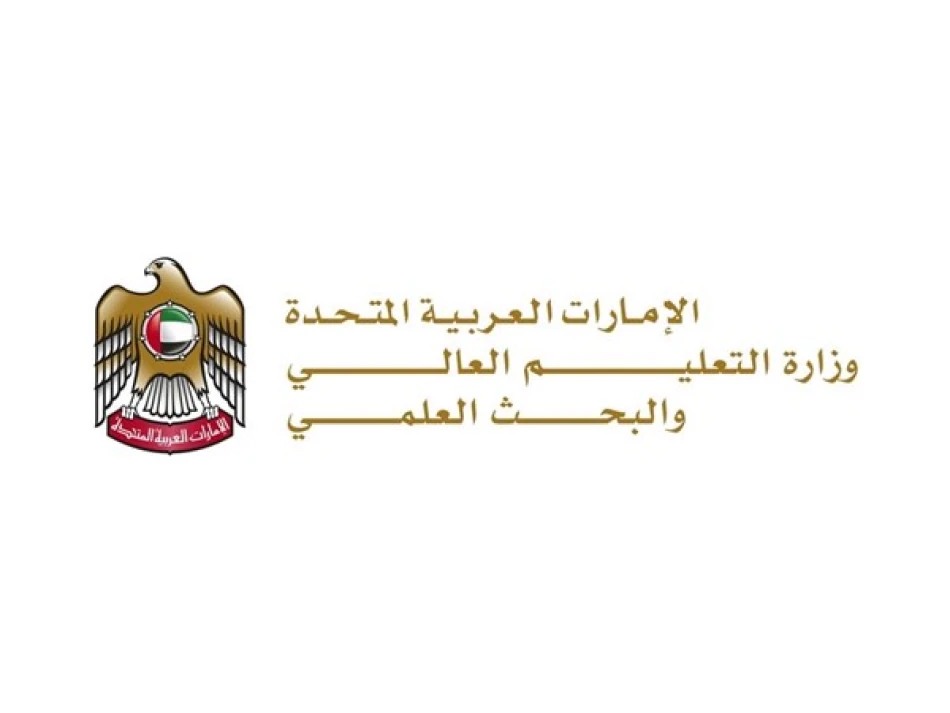
Higher Education Unveils Comprehensive System for Governing Student Internships and Practical Training
UAE Mandates Comprehensive Practical Training Standards for Universities in Strategic Skills Push
The UAE's Ministry of Higher Education and Scientific Research has issued Ministerial Decision No. 173 of 2025, establishing mandatory governance frameworks for practical training programs across all higher education institutions. This regulatory overhaul represents a decisive shift toward bridging the persistent skills gap between university graduates and market demands, positioning the Emirates as a regional leader in education-to-employment alignment.
A Strategic Response to Economic Diversification Needs
The timing of this decision reflects the UAE's broader economic transformation agenda. As the country accelerates its shift from oil dependency toward a knowledge-based economy, the quality of human capital has become a critical competitive advantage. Dr. Mohammed Al Mualla, Undersecretary of the Ministry of Higher Education and Scientific Research, emphasized that practical training serves as "the bridge connecting theoretical knowledge with applied experience."
This move mirrors similar initiatives in Singapore and South Korea, where government-mandated industry partnerships have successfully reduced graduate unemployment rates and improved job market readiness. The UAE's approach, however, goes further by creating legally binding obligations for universities rather than voluntary guidelines.
Comprehensive Governance Framework Takes Shape
Institutional Obligations and Standards
The new regulation establishes specific requirements that universities must fulfill to maintain compliance. Institutions must now demonstrate formal cooperation agreements with training organizations across both public and private sectors, ensuring that placements align with academic programs and student specializations.
Key provisions include mandatory qualification standards for supervisors, both within universities and at training sites, along with professional evaluation capabilities. Universities must also establish clear training plans with measurable outcomes and maintain comprehensive documentation systems for all practical training activities.
Quality Assurance and Monitoring Mechanisms
Perhaps most significantly, the decision introduces systematic oversight mechanisms including periodic assessments, field visit documentation, and detailed reporting requirements. This represents a substantial shift from the previously fragmented approach where training quality varied significantly across institutions.
Market Implications and Economic Impact
For employers, this standardization promises more predictable graduate capabilities and reduced onboarding costs. The private sector, which has long complained about the "skills mismatch" among UAE graduates, now gains structured pathways for talent pipeline development.
The decision also creates new compliance costs for universities, potentially favoring larger institutions with existing industry relationships while challenging smaller players to formalize their training partnerships. This consolidation effect could strengthen the overall higher education sector's quality standards.
Regional Competitive Positioning
The UAE's systematic approach contrasts sharply with neighboring markets where practical training remains largely voluntary. Saudi Arabia's Vision 2030 includes similar workforce development goals, but lacks the comprehensive regulatory framework now established in the Emirates.
This regulatory advantage could enhance the UAE's position as a regional education hub, particularly for international students seeking programs with guaranteed practical experience components. Universities that successfully implement these standards may gain significant competitive advantages in student recruitment.
Implementation Challenges and Success Factors
The success of this initiative will largely depend on execution quality and industry cooperation. Historical precedents suggest that mandatory training programs succeed when supported by adequate funding mechanisms and clear incentive structures for participating employers.
The decision's emphasis on "safe and stimulating training environments" with "qualified supervision" indicates awareness of common implementation pitfalls. However, scaling quality supervision across thousands of students will require substantial investment in trainer development and monitoring systems.
The regulatory framework positions the UAE to produce graduates with demonstrable practical skills while creating systematic feedback loops between education providers and industry needs. If successfully implemented, this model could become a template for other Gulf states seeking to enhance their human capital development strategies in an increasingly competitive global economy.
Most Viewed News

 Layla Al Mansoori
Layla Al Mansoori






